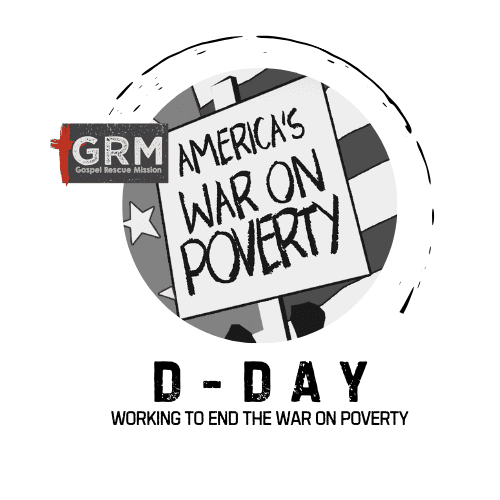Our efforts must start with reaching out to the men and women in poverty. Do not wait for them to come to your church or business? You see them there on the corner flying the sign and saying they will work for food. Make them the offer. Will they really work for food? Work alongside them and engage in conversation. It is only by getting to know these men and women that we can rehumanize them and help them to discover that they have great value. If you offer food to those that are homeless, make sure that you eat with them. Again, the goal is to get to know them and allow them to be part of society. Most communities treat them like outcasts. They are discarded and we do all that we can to not see them. When they are brought out into the light we get to know them and are more likely to discover how to really help them.
Very rarely is the presenting need the real need. We throw discarded food and clothing at them and think we have done our part. But I challenge you to look at them. Listen to their story. Hold back your wise counsel. There will come a time to share your experiences with them. The truth is that you must earn the right for them to hear you. While few will admit it they desire healthy companionship that can help them stabilize. There is often deep pain from rejection and past experiences. We can only facilitate that healing over time.
Let us get practical here. Let’s learn from a variation of the Biblical parable of the Good Samaritan. Now the story goes that a man fell in with some robbers who beat him up and left him half dead along the side of the road. In essence that is what the men and women who are homeless have experienced. The world told them that they could do whatever they wanted and would not have to face any consequences. But addiction, mental illness and separation from family have resulted from a series of bad choices. It would also be possible to say that the community was responsible because law enforcement should be out along the road ensuring public safety. The story mentions two different community leaders who walk on by and while noticing the man that was injured, they did nothing. This is what we see in most of the world. What if these guys stopped and offered cash or food and then left them? This is what typically happens. I often work with a young lady who struggles with mental illness where she believes that she is having twins. She has held that story for at least nine years now. When people in the community meet her, they buy her baby stuff and fill up her shopping cart with all of the trappings of a modern mother. She does not need baby stuff. I often wonder about these people giving her the baby stuff. Do they imagine that this baby will be ok being born on the streets. This is much like the two men in the story.
In our community we must think like the Good Samaritan. First, he really saw the man there. We need to see the very real need that is there. Ask what does this person really need. That is where true love comes into play. Love comes from relationship.


